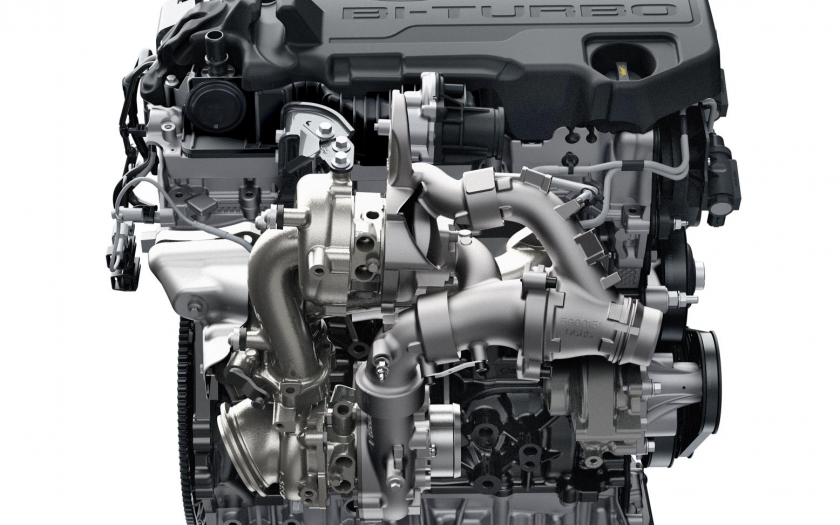PERHAPS NOT, BUT YOU may find yourself copping a fine for polluting.
Most often, when a diesel engine is emitting undue amounts of black smoke from the exhaust pipe, it’s as simple as a blocked air filter.
Diesels consume lots and lots of air, all of which has to pass through the air filter. Compared to a petrol engine, diesels run with an excess of air, and to ensure this is so, the air intake is almost unrestricted (especially compared to a petrol engine).
If the air entering a diesel engine is restricted, the same amount of fuel continues to be used in the engine, so the result is a very rich, black mixture.
Another common problem with diesel engines is that the particulate filter gets blocked if the system fails to correctly or effectively regenerate (something more likely to occur if you use your diesel for short journeys, if you regularly run on low fuel levels or use low-quality fuel). This increases exhaust emissions, limits engine performance and in extreme cases, can result in the vehicle going into “limp home” mode.
Particulate filters should last at least 160,000km. Make sure you use the correct oil since some oils contain additives that will block filters.
A diesel particulate filter should fully regenerate itself when it gets filled with soot. The passive method is to run the vehicle at speed for a long period (30 to 50 minutes) so the exhaust temperature reaches a temperature which will allow it to burn off excess soot. Another way to is carry out active regeneration. In this case extra fuel is injected automatically, controlled by the vehicle ECU, when the filter reaches a predetermined limit (usually around 45 percent) which raises the temperature and burns off the accumulated soot. If the journey isn’t long enough, the regeneration process may not complete, and the warning light will continue to illuminate because the filter is still partially blocked. In this case, drive a further 10 minutes at more than 65km/h.
How can I tell if active regeneration is taking place?
A change in the engine note, cooling fans running, a slight increase in fuel consumption, increased idle speed, deactivation of auto stop/start and a hot acrid smell from the exhaust are all symptoms of active degeneration.
What if neither active nor passive regeneration work?
If the warning light stays on or additional DPF lights come on, don’t ignore them.
Some mechanical workshops can carry out forced regeneration which, while not always successful, is usually effective at removing excess soot and allowing the DPF to work and automatically regenerate again. The cost for this is usually between $350 and $500.
How much is a new DPF?
A lot.
Replacing a particulate filter can quickly negate any fuel savings made by using diesel.
At around $4000 to $8000, the cost of replacing a DPF can often be more than the value of the car, especially since it is older cars that are more likely to need a new one.
Can I remove the DPF?
You can, but it is illegal.
Tampering with the vehicle design voids your vehicle insurance and in NSW, legislation has been passed to retrospectively prosecute repairers who remove a DPF from a diesel vehicle (individual fines are up to $11,000 and company fines up to $22,000). Similar legislation is being implemented across Australia. Roadside checks will detect PDF removal or tampering, and when the time comes to sell, you will need to reinstate the PDF to get a roadworthy certificate.
